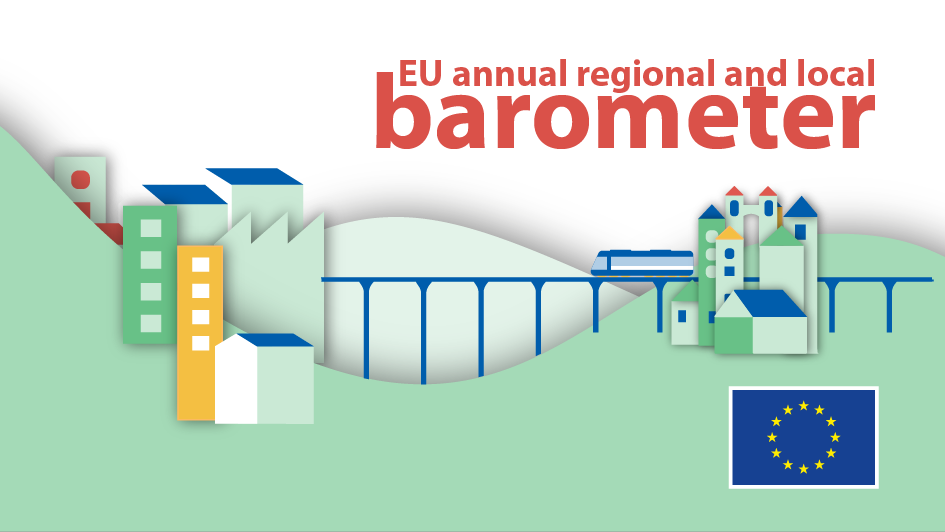Presented the first Local Barometer of the EU. The initiative of the European Committee of the Regions, first published in 2020 and presented during the European Week of Regions and Cities, It brings together data and analysis from a wide range of sources, including new and specific views stemming from the work of the Committee itself and its partnerships with other actors. This first edition, published on 12 October 2020, focuses on the impact of the COVID-19 pandemic.
From the Covid-19 crisis to the role of local authorities for a new Europe.
The cost of the COVID-19 pandemic for EU regions, cities and villages was analysed by the first annual EU Local and Regional Barometer. The document has been discussed by the president of the Committee of the Regions Apostolos Tzitzikostas and the President of the European Commission, Ursula von der Leyen.
In document the impact that the COVID-19 pandemic is having on Europe’s regions, cities and villages. EU regional and local authorities have been at the forefront of addressing the health crisis and ensuring people’s safety. The report shows that they are also crucial for economic recovery. The report (Here is an excerpt in Italian) highlights the impact on the most vulnerable people in our communities and presents new public opinion data on these issues, resulting from surveys carried out less than one month before publication.
The report, on the one hand, raises concerns on the part of local governments about a decrease in the wealth of the population that will inevitably result in a decrease in tax revenue.
The crisis in the tourism sector and the health situation in the various regions of Europe are also analysed.
The damage to the tourism sector and the possibility of accessing education at a time when schools struggle to work face-to-face is calculated. For this reason, the ability to access stable digital connections is becoming increasingly important.
Economic, health and social impacts confronting Europe and its communities with a dual challenge. On the one hand, Europe’s ability to rethink itself in order to overcome the current crisis. On the other hand, a new perception of the role of local politics that can restore confidence in Europe. More than half of Europeans trust local and regional authorities. This confidence has also been confirmed in the recent regional elections that have rewarded the administrations that have best managed the current crisis.
Europeans would like local and regional authorities to have more influence at EU level in many areas: Health (45 %), employment and social affairs (43 %), education, training and culture (40 %) are the most cited sectors. The 58 % of respondents (with a majority in each Member State) think that giving more influence to local and regional authorities will have a positive impact on the EU's ability to solve problems. More and more people seem to realise the need to build the future of Europe with regions and cities and small municipalities, not just with Member States and Brussels.




